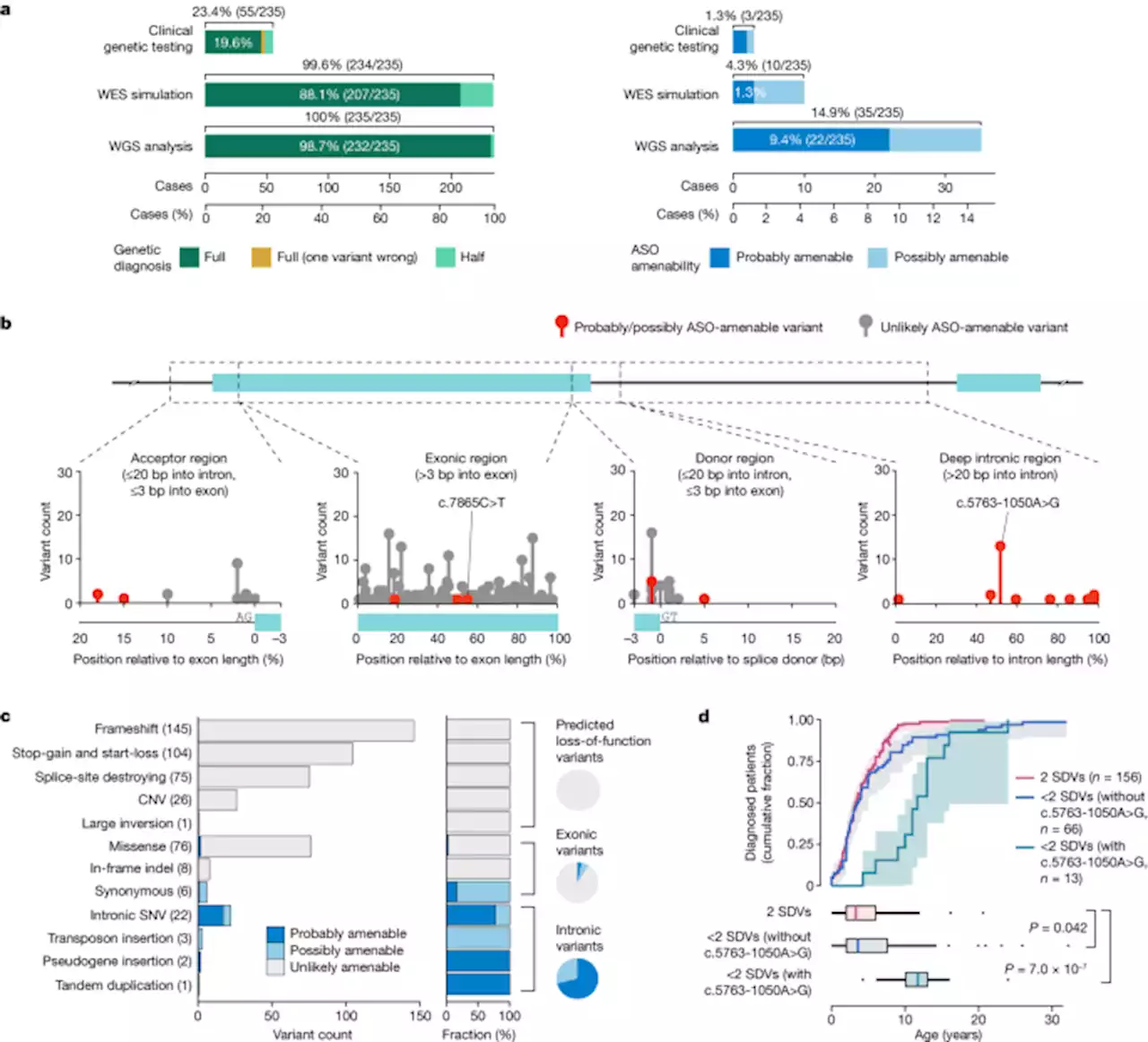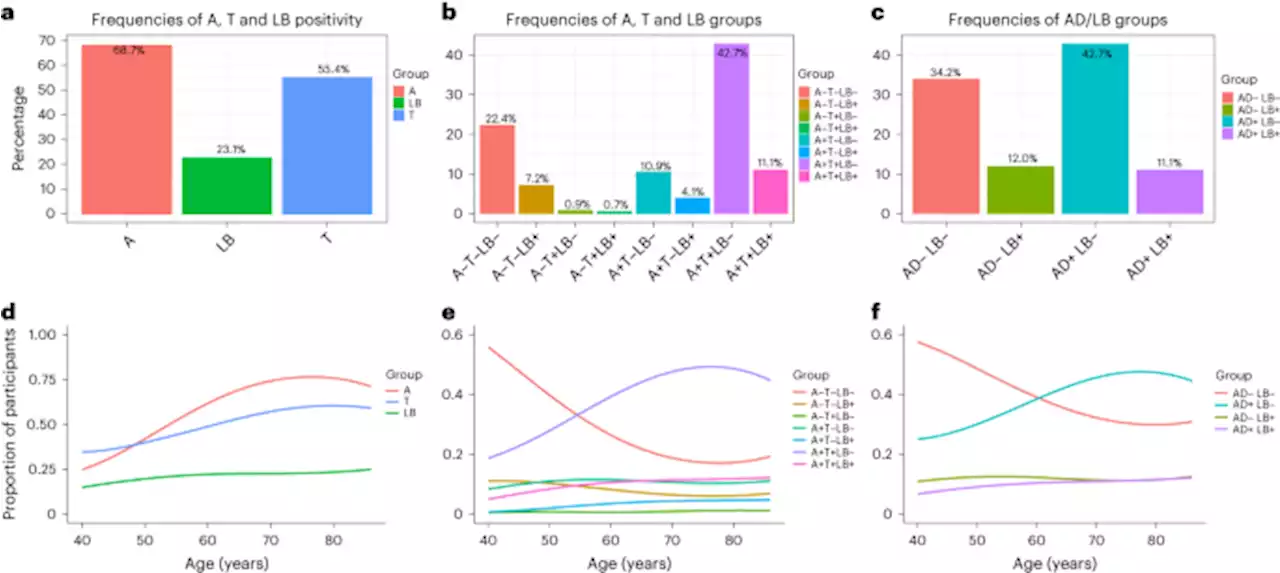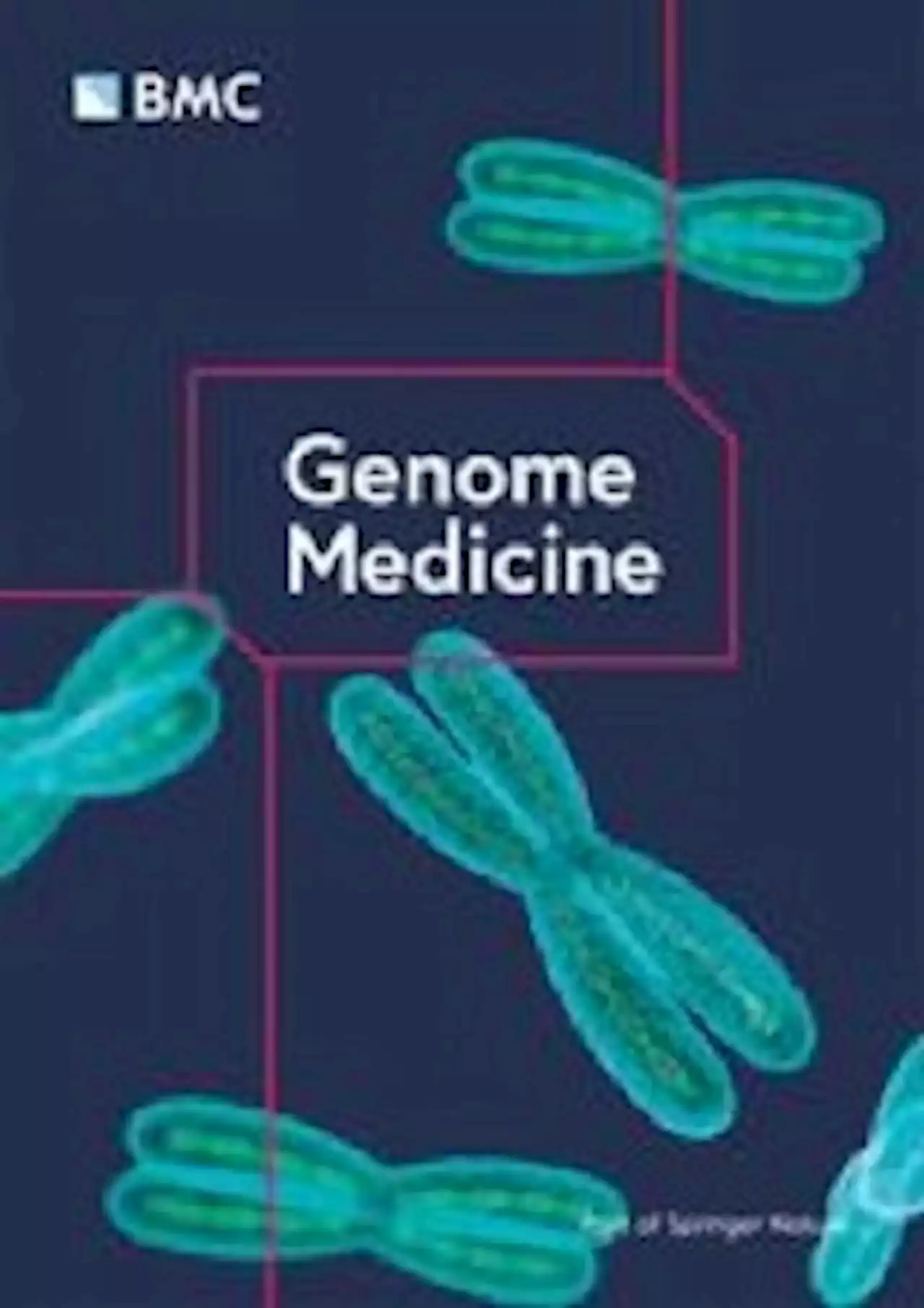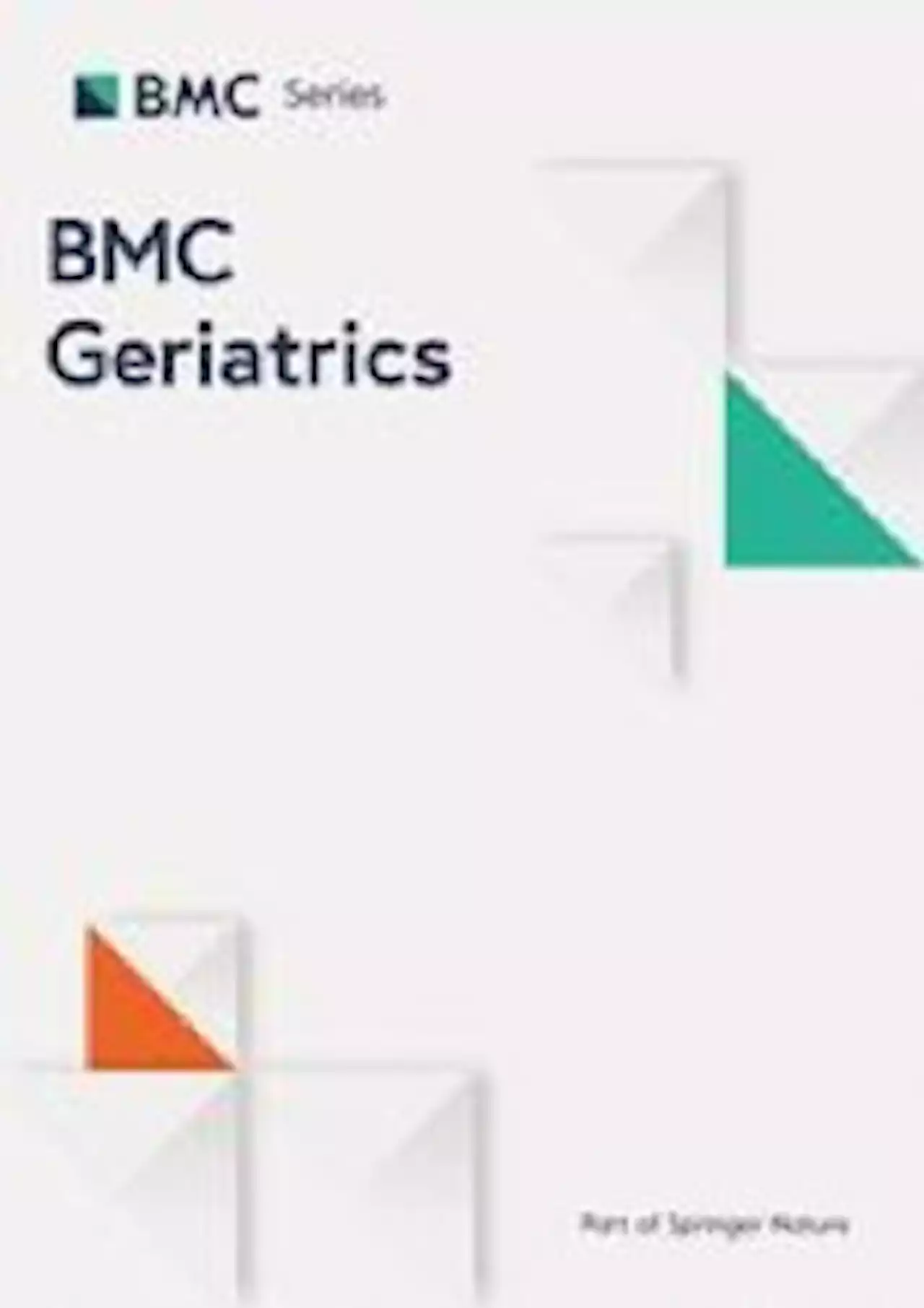Study finds impaired beta cell function associated with severe COVID-19-induced hyperglycemia Nature betacell covid COVID19 SARSCoV2 hyperglycemia
By Neha MathurJul 19 2023Reviewed by Sophia Coveney In a recent study published in Nutrition & Diabetes, researchers performed an observational prospective cohort study, COVID-19 metabolic and nutritional consequences , in Prague, Czech Republic, between March and November 2021 among adult short-term survivors of coronavirus disease 2019 .
IR decreases skeletal muscle and liver insulin sensitivity as a stress response because catecholamines and cortisol demand are high during the acute phase of COVID-19. It also increases lipolysis and elevates circulating non-esterified fatty acids . About the study In the present study, researchers screened patients at specialized COVID-19 wards of the University Hospital Královské Vinohrady in Prague during March–April 2021, as soon as oxygen support was removed, i.e., baseline .
Additionally, they performed an oral glucose tolerance test per standard WHO recommendations, where an insulinogenic index indicated insulin secretion levels. Further, they calculated the oral disposition index to determine the beta cell function of all participants. The prevalence of hyperglycemia at baseline was 65% in the study population, and it remained as high as 50% up to T6, of which 10 developed prediabetes, while three needed pharmacological treatment for type 2 diabetes. The researchers noted baseline glycated hemoglobin levels >48 mmol/mol in the hyperglycemic group comprising seven patients.
Belgique Dernières Nouvelles, Belgique Actualités
Similar News:Vous pouvez également lire des articles d'actualité similaires à celui-ci que nous avons collectés auprès d'autres sources d'information.
 A framework for individualized splice-switching oligonucleotide therapy - NatureWhole-genome sequencing analyses in a cohort of individuals with ataxia-telangiectasia are used to identify genetic variants that might be amenable to treatment with splice-switching antisense oligonucleotides (ASOs), and develop ASOs with therapeutic potential.
A framework for individualized splice-switching oligonucleotide therapy - NatureWhole-genome sequencing analyses in a cohort of individuals with ataxia-telangiectasia are used to identify genetic variants that might be amenable to treatment with splice-switching antisense oligonucleotides (ASOs), and develop ASOs with therapeutic potential.
Lire la suite »
 Clinical effects of Lewy body pathology in cognitively impaired individuals - Nature MedicineProspective and longitudinal analyses of patients with cognitive impairment reveal that in vivo detection of Lewy body pathology is independently associated with hallucinations, worse attention/executive, visuospatial and motor function and predicted future cognitive decline.
Clinical effects of Lewy body pathology in cognitively impaired individuals - Nature MedicineProspective and longitudinal analyses of patients with cognitive impairment reveal that in vivo detection of Lewy body pathology is independently associated with hallucinations, worse attention/executive, visuospatial and motor function and predicted future cognitive decline.
Lire la suite »
 Barra Best talks extreme weather, nature and how we are 'all in this together'“I don’t remember in 13 years [doing the weather] having to report on thunderstorm warnings so much [as] this year. I think it was something 15 warnings issued between the end of April and the middle of June - I’ve never done that.'
Barra Best talks extreme weather, nature and how we are 'all in this together'“I don’t remember in 13 years [doing the weather] having to report on thunderstorm warnings so much [as] this year. I think it was something 15 warnings issued between the end of April and the middle of June - I’ve never done that.'
Lire la suite »
 Metagenomic assessment of gut microbial communities and risk of severe COVID-19 - Genome MedicineBackground The gut microbiome is a critical modulator of host immunity and is linked to the immune response to respiratory viral infections. However, few studies have gone beyond describing broad compositional alterations in severe COVID-19, defined as acute respiratory or other organ failure. Methods We profiled 127 hospitalized patients with COVID-19 (n = 79 with severe COVID-19 and 48 with moderate) who collectively provided 241 stool samples from April 2020 to May 2021 to identify links between COVID-19 severity and gut microbial taxa, their biochemical pathways, and stool metabolites. Results Forty-eight species were associated with severe disease after accounting for antibiotic use, age, sex, and various comorbidities. These included significant in-hospital depletions of Fusicatenibacter saccharivorans and Roseburia hominis, each previously linked to post-acute COVID syndrome or “long COVID,” suggesting these microbes may serve as early biomarkers for the eventual development of long COVID. A random forest classifier achieved excellent performance when tasked with classifying whether stool was obtained from patients with severe vs. moderate COVID-19, a finding that was externally validated in an independent cohort. Dedicated network analyses demonstrated fragile microbial ecology in severe disease, characterized by fracturing of clusters and reduced negative selection. We also observed shifts in predicted stool metabolite pools, implicating perturbed bile acid metabolism in severe disease. Conclusions Here, we show that the gut microbiome differentiates individuals with a more severe disease course after infection with COVID-19 and offer several tractable and biologically plausible mechanisms through which gut microbial communities may influence COVID-19 disease course. Further studies are needed to expand upon these observations to better leverage the gut microbiome as a potential biomarker for disease severity and as a target for therapeutic intervention.
Metagenomic assessment of gut microbial communities and risk of severe COVID-19 - Genome MedicineBackground The gut microbiome is a critical modulator of host immunity and is linked to the immune response to respiratory viral infections. However, few studies have gone beyond describing broad compositional alterations in severe COVID-19, defined as acute respiratory or other organ failure. Methods We profiled 127 hospitalized patients with COVID-19 (n = 79 with severe COVID-19 and 48 with moderate) who collectively provided 241 stool samples from April 2020 to May 2021 to identify links between COVID-19 severity and gut microbial taxa, their biochemical pathways, and stool metabolites. Results Forty-eight species were associated with severe disease after accounting for antibiotic use, age, sex, and various comorbidities. These included significant in-hospital depletions of Fusicatenibacter saccharivorans and Roseburia hominis, each previously linked to post-acute COVID syndrome or “long COVID,” suggesting these microbes may serve as early biomarkers for the eventual development of long COVID. A random forest classifier achieved excellent performance when tasked with classifying whether stool was obtained from patients with severe vs. moderate COVID-19, a finding that was externally validated in an independent cohort. Dedicated network analyses demonstrated fragile microbial ecology in severe disease, characterized by fracturing of clusters and reduced negative selection. We also observed shifts in predicted stool metabolite pools, implicating perturbed bile acid metabolism in severe disease. Conclusions Here, we show that the gut microbiome differentiates individuals with a more severe disease course after infection with COVID-19 and offer several tractable and biologically plausible mechanisms through which gut microbial communities may influence COVID-19 disease course. Further studies are needed to expand upon these observations to better leverage the gut microbiome as a potential biomarker for disease severity and as a target for therapeutic intervention.
Lire la suite »
 Fish intake and pre-frailty in Norwegian older adults - a prospective cohort study: the Tromsø Study 1994–2016 - BMC GeriatricsBackground Pre-frailty is an intermediate, potentially reversible state before the onset of frailty. Healthy dietary choices may prevent pre-frailty. Fish is included in most healthy diets, but little is known about the association between long-term habitual fish intake and pre-frailty. We aimed to elucidate the longitudinal association between the frequency of fish intake and pre-frailty in a cohort of older adults in Norway. Methods 4350 participants (52% women, ≥65 years at follow-up) were included in this prospective cohort study. Data was obtained from three waves of the population-based Tromsø Study in Norway; Tromsø4 (1994–1995), Tromsø6 (2007–2008) and Tromsø7 (follow-up, 2015–2016). Frailty status at follow-up was defined by a modified version of Fried’s phenotype. Fish intake was self-reported in the three surveys and assessed as three levels of frequency of intake: low (0–3 times/month), medium (1–3 times/week) and high (≥ 4 times/week). The fish–pre-frailty association was analysed using multivariable logistic regression in two ways; (1) frequency of intake of lean, fatty and total fish in Tromsø6 and pre-frailty at follow-up, and (2) patterns of total fish intake across the three surveys and pre-frailty at follow-up. Results At follow-up, 28% (n = 1124) were pre-frail. Participants with a higher frequency of lean, fatty and total fish intake had 28% (odds ratio (OR) = 0.72, 95% confidence interval (CI) = 0.53, 0.97), 37% (OR = 0.63, 95% CI = 0.43, 0.91) and 31% (OR = 0.69, 95% CI = 0.52, 0.91) lower odds of pre-frailty 8 years later compared with those with a low intake, respectively. A pattern of stable high fish intake over 21 years was associated with 41% (OR = 0.59, 95% CI = 0.38, 0.91) lower odds of pre-frailty compared with a stable low intake. Conclusions A higher frequency of intake of lean, fatty and total fish, and a pattern of consistent frequent fish intake over time, were associated with lower odds of pre-frailty in older community-dwelling
Fish intake and pre-frailty in Norwegian older adults - a prospective cohort study: the Tromsø Study 1994–2016 - BMC GeriatricsBackground Pre-frailty is an intermediate, potentially reversible state before the onset of frailty. Healthy dietary choices may prevent pre-frailty. Fish is included in most healthy diets, but little is known about the association between long-term habitual fish intake and pre-frailty. We aimed to elucidate the longitudinal association between the frequency of fish intake and pre-frailty in a cohort of older adults in Norway. Methods 4350 participants (52% women, ≥65 years at follow-up) were included in this prospective cohort study. Data was obtained from three waves of the population-based Tromsø Study in Norway; Tromsø4 (1994–1995), Tromsø6 (2007–2008) and Tromsø7 (follow-up, 2015–2016). Frailty status at follow-up was defined by a modified version of Fried’s phenotype. Fish intake was self-reported in the three surveys and assessed as three levels of frequency of intake: low (0–3 times/month), medium (1–3 times/week) and high (≥ 4 times/week). The fish–pre-frailty association was analysed using multivariable logistic regression in two ways; (1) frequency of intake of lean, fatty and total fish in Tromsø6 and pre-frailty at follow-up, and (2) patterns of total fish intake across the three surveys and pre-frailty at follow-up. Results At follow-up, 28% (n = 1124) were pre-frail. Participants with a higher frequency of lean, fatty and total fish intake had 28% (odds ratio (OR) = 0.72, 95% confidence interval (CI) = 0.53, 0.97), 37% (OR = 0.63, 95% CI = 0.43, 0.91) and 31% (OR = 0.69, 95% CI = 0.52, 0.91) lower odds of pre-frailty 8 years later compared with those with a low intake, respectively. A pattern of stable high fish intake over 21 years was associated with 41% (OR = 0.59, 95% CI = 0.38, 0.91) lower odds of pre-frailty compared with a stable low intake. Conclusions A higher frequency of intake of lean, fatty and total fish, and a pattern of consistent frequent fish intake over time, were associated with lower odds of pre-frailty in older community-dwelling
Lire la suite »
 ChatGPT can match the top 1% of creative human thinkers, says new study“We had all been exploring with ChatGPT, and we noticed it had been doing some interesting things that we didn’t expect,” the study's author said.
ChatGPT can match the top 1% of creative human thinkers, says new study“We had all been exploring with ChatGPT, and we noticed it had been doing some interesting things that we didn’t expect,” the study's author said.
Lire la suite »
